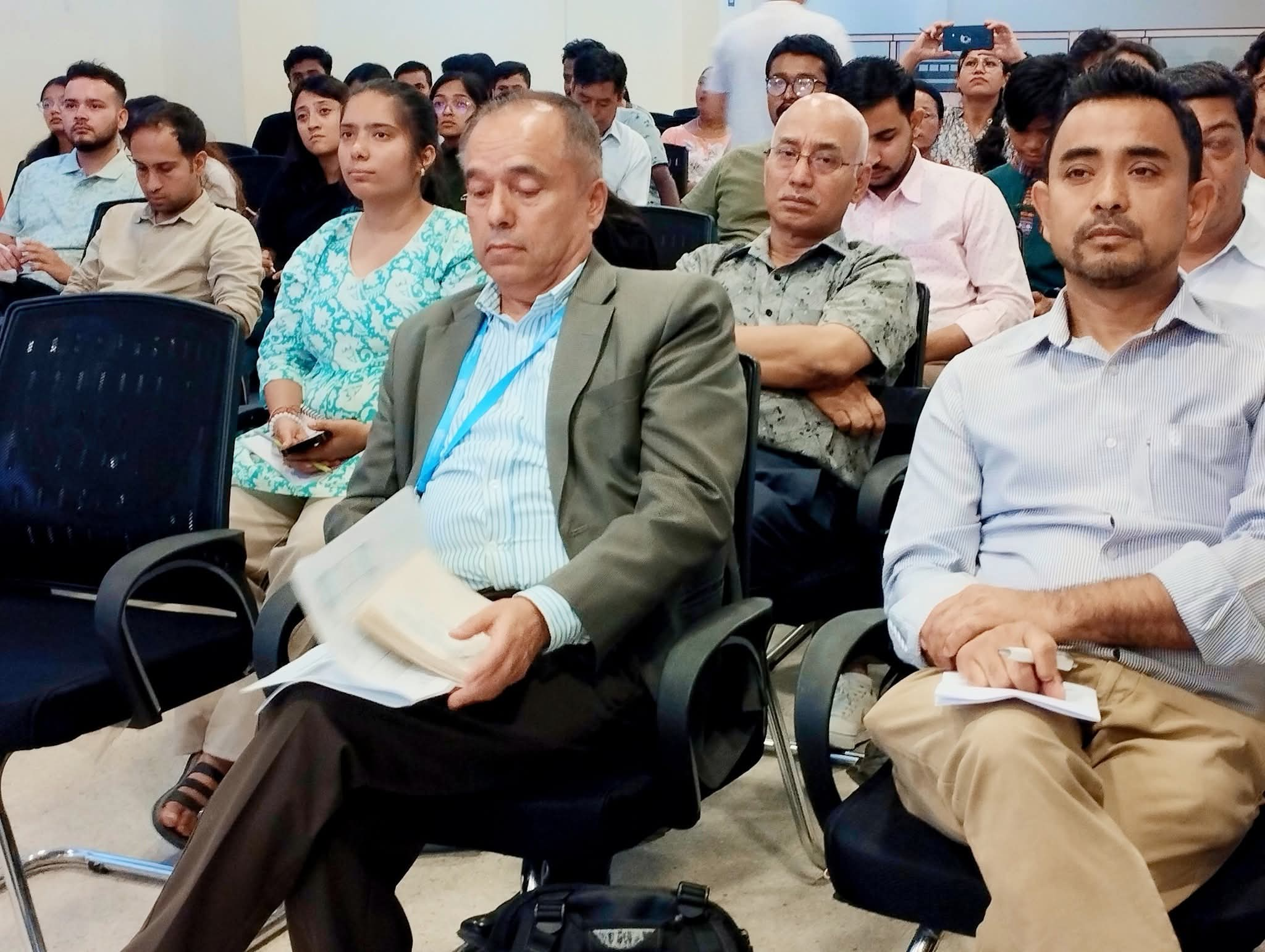Kathmandu, August 20, 2025 – In a major step towards tackling rising environmental pollution, Nepal’s Ministry of Forests and Environment (MoFE) has released updated standards in five categories, including the National Ambient Air Quality Standard, 2025. The government has also invited suggestions and feedback from stakeholders, signaling a more participatory approach to environmental governance.
To ensure diverse voices contribute to this process, Clean Air Network Nepal (CANN) and Clean Energy Nepal (CEN) jointly organized a discussion session today at Sanjha Yatayat’s meeting hall in Pulchowk. The program brought together environmental experts, policymakers, and civil society representatives to deliberate on the newly proposed standards and share recommendations with the government.
The session featured expert presentations, including insights from the Department of Environment (DoE), which highlighted both the urgency of addressing urban air pollution and the technical considerations behind setting new benchmarks for cleaner air.
Civil society organizations emphasized that public participation is critical in shaping effective and implementable standards. They also welcomed the government’s openness to dialogue, noting that collaborative action between the state, academia, and advocacy groups is essential to achieve clean air for all citizens.
Air pollution remains one of Nepal’s most pressing environmental health challenges, particularly in urban centers like Kathmandu Valley. Experts at the event underscored that effective enforcement, monitoring, and public awareness will be key to ensuring that the new standards lead to tangible improvements in air quality.
The discussion marks an important milestone in aligning Nepal’s environmental policies with global health and sustainability goals, while also reflecting the country’s growing momentum in citizen-led advocacy for a cleaner, healthier future.